5. Ms. 45
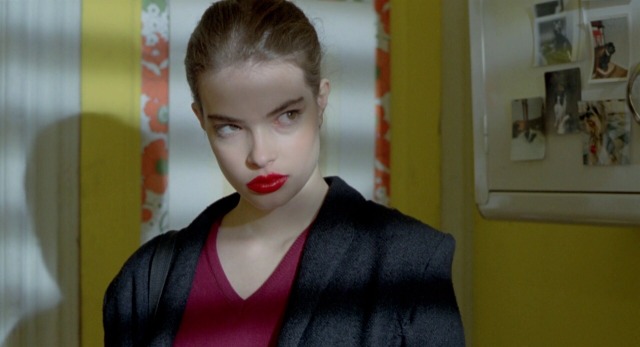
Abel Ferrara lays the foundation of his career with his exploitative and aggressive Ms. 45. The film is a revenge story that we have seen before, but here it feels more realistic and through the shocking bits of violence, Ferrara manages to evoke sympathy from the viewer. The story follows a dressmaker through Manhattan and when she is assaulted in a vicious attack, she takes matters into her own hands and hunts predatory men through New York City with her .45 pistol.
Ms. 45 still leaves its mark today, we just saw it this past year with Promising Young Woman undoubtedly taking notes from its formula. Ferrara is vying to show us his version on New York City and this is his starting point where he would later follow up with the same sleazy and depraved setting in films like King of New York and Bad Lieutenant. Zoë Lund’s performance also cannot be undermined where she so convincingly portrays her character going through psychological downfall. Most viewers, will probably have no desire to return to Ms. 45. The brutality makes the film hard to watch, but that is the point, and will lead Ferrara to finding his other successes.
4. Prince of the City
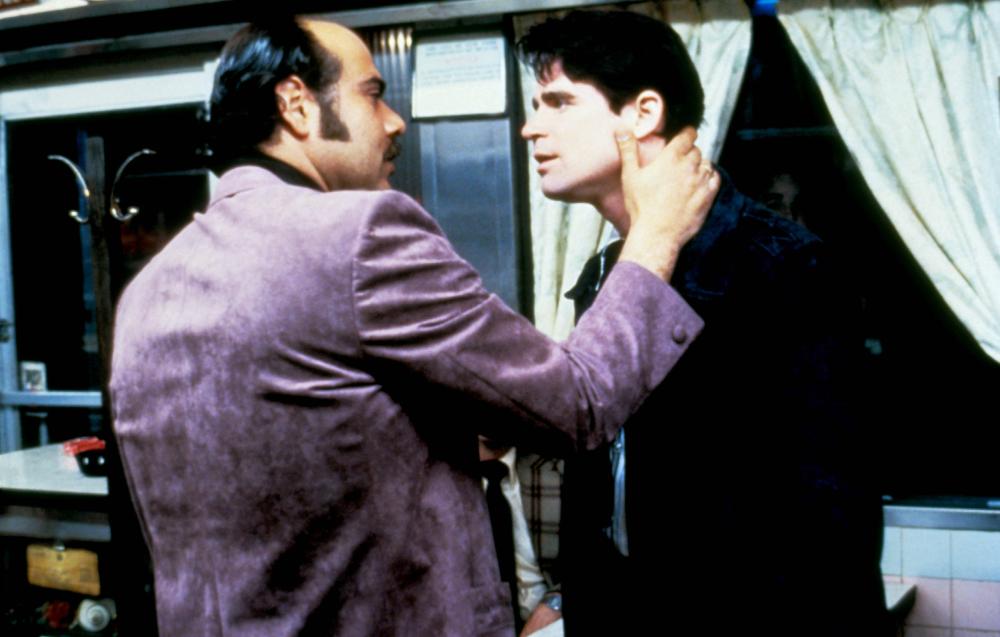
What very well may be Sidney Lumet’s most underrated film, Prince of the City is a taut, tense, and complex look at police corruption. Lumet is no stranger to the crime genre, previously giving us Serpico and Dog Day Afternoon, and that shows here. The film follows New York detective, Danny Ciello, played by Treat Williams, as he becomes an informant for the Justice Department to stop police corruption. When describing the film as complex, you could consider this the War and Peace of crime films. Not so much unlike the best televison show ever made, The Wire, there are a ton of characters and a lot going on in this three hour ride, so that if the viewer pays attention very closely, they will be heavily rewarded.
The 80s’ All Over Podcast described Prince of the City in the best possible way. They said the film feels like the ending of Goodfellas when the police are coming for Ray Liotta, stretched out over an entire film. Treat Williams is convincing in the film and so are all of the supporting performances. Lumet, again, reproves that he is one of the all time great directors, making a film so authentic that the DEA asked him if they could use it for training. Upon release the film was not a commercial success and received mixed reviews, but as time goes on audiences have come to see how much merit there is in Prince of the City, and if you are looking for something that will challenge your attention to detail, this is the masterpiece you need to see.
3. Body Heat
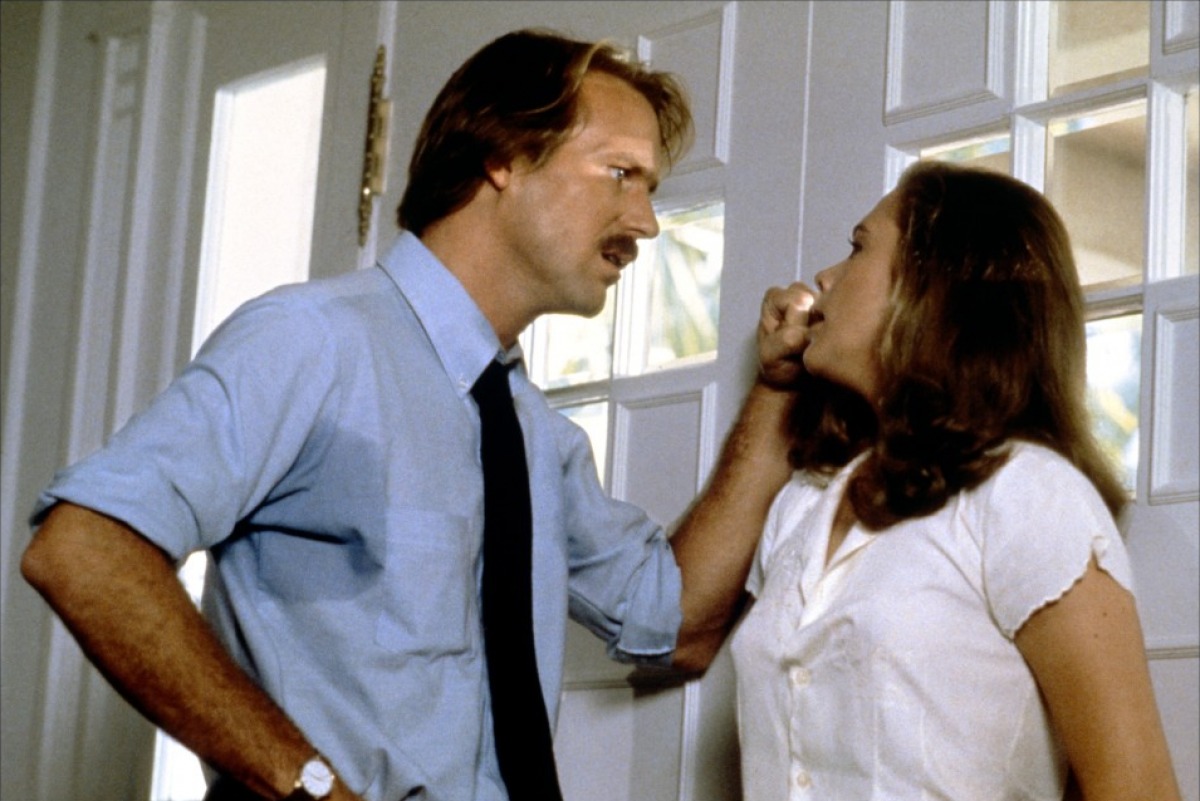
The next three films on this list could all arguably be the best crime film of 1981 or possibly even the best overall film of 1981. Depending on which subgenre you prefer, may decide which one you think is best whether it be a pulpy neo-noir, an Antonioni-esque political conspiracy thriller, or stylish, realist, modern crime film that would shape the genre up to present day. Body Heat follows William Hurt as an attorney who has an affair with Kathleen Turner as the two plot to kill Kathleen Turner’s husband to lead a life together. Not a remake, but heavily influenced off of the noir masterpiece, Double Indemnity.
Director Lawrence Kasdan’s love for noir film seeps through every frame of Body Heat and his knowledge on the genre boosts the film to another level. Kasdan also is able to continuously wind up tension through dialogue and playing on what the audience knows and the characters do not. The film was Kathleen Turner’s first film role and turned her and William Hurt into household names. The great thing about the film is, we have seen it many times before, but Kasdan is still able to hold our attention and keep us anxious, without ever reinventing the noir genre. Roger Ebert says Body Heat is one of the all-time “Great Movies” and it would be incredibly hard to make any case against that.
2. Blow Out
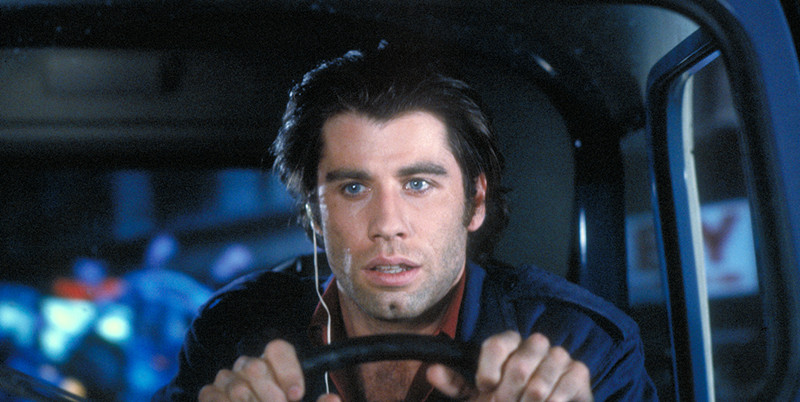
Part conspiracy thriller, part play on Antonioni’s Blow-Up, and part love letter to the Hitchcock films that Brian De Palma loves so much. All of these pieces make Blow Out entirely a masterpiece. The film is takes the Chappaquiddick incident and turns it on its side as it follows a sound engineer terrifically played by John Travolta. As he is out in a desolate wooded area, recording sounds for a horror movie he witnesses a car crash into a lake. As he saves the woman in the car, he later finds that the man who was killed in the car was the current governor and the woman he saves is an escort. The film picks up even more as he distinctively hears a gunshot on his audio recordings.
The main theme of Blow Out, just like Blow-Up is obsession. This is possibly John Travolta’s best performance and we watch him slowing fall to paranoia to prove what he knows. The direction is masterful by Brian De Palma with this arguably being his best film. Nancy Allen is excellent as the female lead as is John Lithgow playing a lunatic assassin on the hunt for Travolta. Shot entirely on location, the Philadelphia setting feels completely authentic. Blow Out is a grand slam, that is the highlight of both De Palma and Travolta’s career.
1. Thief
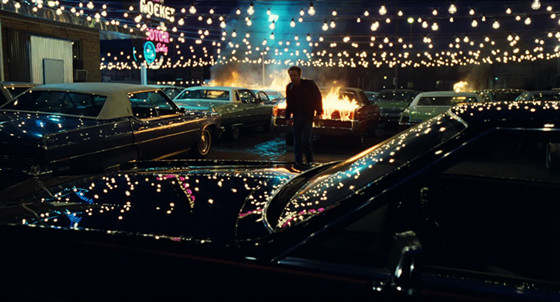
Not only was Thief a masterpiece when it came out, the film singlehandedly would shape what the crime film would transform into up unto present day. Thief shows us a drastic shift in what you can do with a crime film. It feels more stylish than anything the audience had ever seen and also more grounded, especially due to flawless casting and the sharp and emotional dialogue. Thief follows James Caan as criminal Frank, who is planning to be involved in a high paying diamond heist so he can retire from a life of crime.
James Caan plays an off the wall sociopath in this, but he is the protagonist and Michael Mann still finds a way to make the audience root for him. Volatile is the only way to describe the performance, where Caan feels like he could explode at any moment. Not only his performance, but the supporting performances by Tuesday Weld, Jim Belushi, Robert Prosy, and Willie Nelson are so good that they make us forget that these are actors and not real people. Mann will repeatedly use this style and formula he invented as will so many others. The score by Tangerine Dream will also be defining for the 80s’ and be replicated repeatedly.
Looking back on it, it is absolutely astounding that none of the last three films on this list were nominated for any Academy Awards considering how influential they are and how much better they are than many of the films that were nominated in 1981. Michael Mann proved to viewers he could restructure an entire genre and at the same time deliver a perfect film.